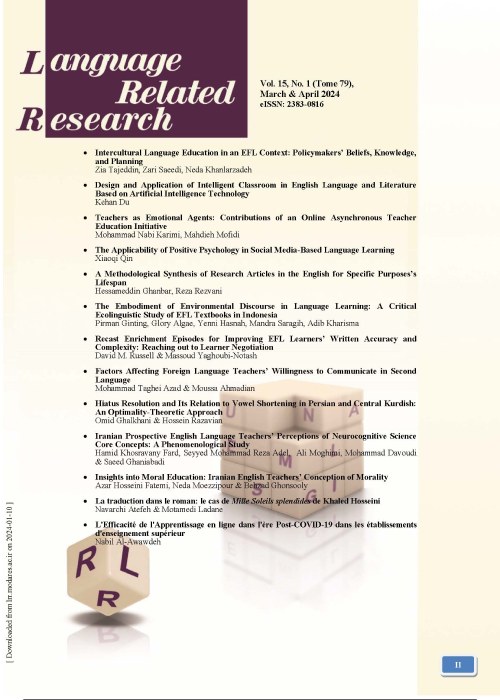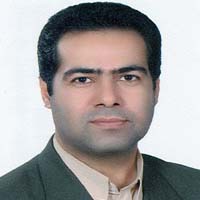Acquiring Oral Communication Skill without Explicit Knowledge: a Neurolinguistics Approach
The neurolinguistic approach (NLA) is a new pedagogical approach to foreign language learning conceptualized by Netten & Germain in 1997 in Canada. This pedagogical approach is based on recent researches in neurolinguistics, especially Michel Paradis’s neuro -linguistic theory of bilingualism. The NLA started to be used outside Canadian territories for teaching learning of French as a foreign language (FFL) both in institutional and academic setting starting from 2010. Before that, the NLA was used- and still is- in Canada as the basic approach of the intensive French program (FI) for young English-speaking and adolescents from 11 to 17 years old in school context. In NLA, the main principle is to develop the ability to communicate orally without learning explicit knowledge. The NLA is based on Michel Paradis’ neurolinguistics theory of bilingualism.
In NLA, priority is given to oral language development because only the frequent use of oral language can help develop implicit competence or internal grammar. Before being able to read and write in the L2, the learner must be able to speak spontaneously about the themes that affect his/her life, personal experiences, as he /she does in L1. Indeed, when a student enters school he/she has already developed an internal grammar or implicit competence to communicate verbally in L1. He/she is able to speak and communicate with others but he /she is not aware of the grammar rules that underlie his /her productions. However, when a learner begins to learn L2, he/she does not have oral skills (internal grammar). He/she must first develop his internal grammar, that is to say, the ability to address an oral theme and then be able to learn to read and write on the same theme. Thus, according to NLA, learning to speak an L2 consists in first acquiring the ability to communicate orally before knowing the explicit rules about the language
The purpose of this research is to answer 2 questions: First, how can neurolinguistics help in foreign language acquisition? And in second place, to what extant can the NLA help Iranian learners develop better oral communication skills? In order to find the answers, the authors paralleled the NLA with a current method of teaching / learning French as a Foreign Language in Iran.
The present research is based on an experimental method with a quasi-experimental design, the authors have chosen an experimental group comprising 10 beginner adults and a control group with the same characteristics. To collect the research data, the authors have used one quantitative (class video recordings observation and analysis) and one qualitative research (questionnaire) instruments.
The results showed that during class interactions the experimental group made fewer mistakes while speaking and autocorrection was higher among this group.
- حق عضویت دریافتی صرف حمایت از نشریات عضو و نگهداری، تکمیل و توسعه مگیران میشود.
- پرداخت حق اشتراک و دانلود مقالات اجازه بازنشر آن در سایر رسانههای چاپی و دیجیتال را به کاربر نمیدهد.




